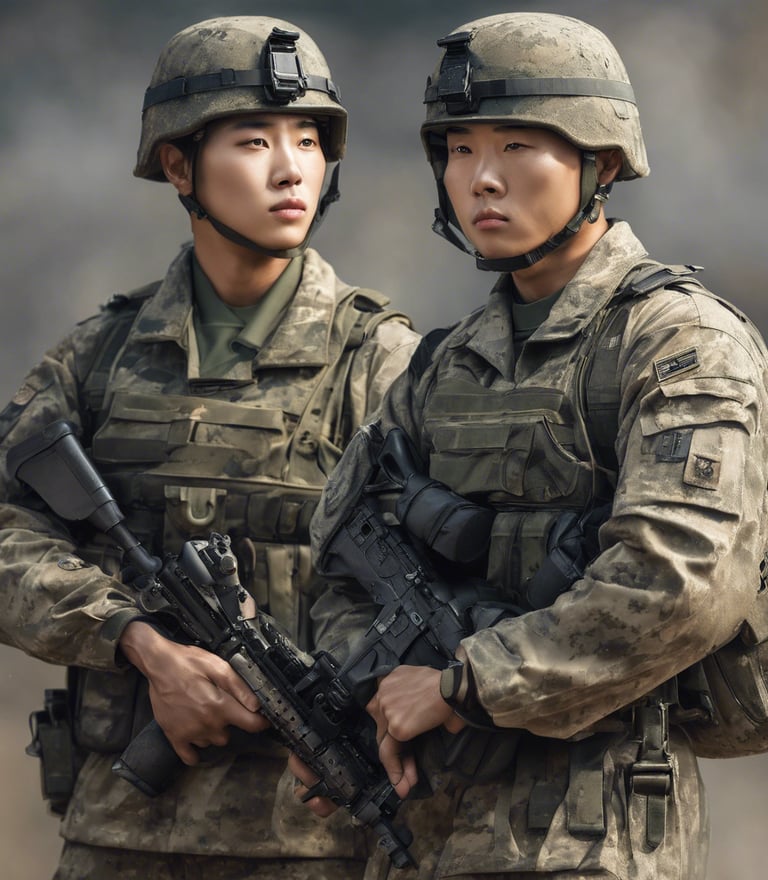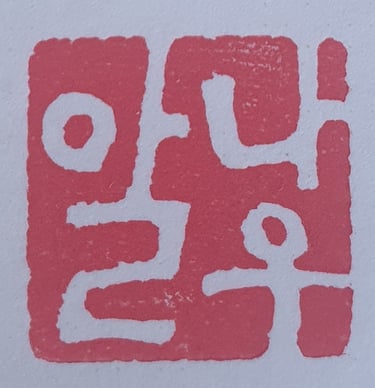Military service in South-Korea
Military service is a fundamental institution in South Korea, influencing many aspects of society. With ongoing tensions on the Korean Peninsula, the country has maintained a mandatory conscription policy to ensure its national security. This article provides a detailed and neutral overview of military service in South Korea, addressing its historical, legal, social, and contemporary aspects.
Historical Context
South Korea instituted mandatory military service in 1957 in response to persistent threats from North Korea and the scars left by the Korean War (1950-1953). Since then, conscription has become a cornerstone of national defense, ensuring that the country has a sufficiently large and ready military to respond to any aggression.
Structure and Duration of Service
Military service in South Korea primarily applies to men between the ages of 18 and 28. The length of service varies depending on the branch of the armed forces:
Army: Approximately 18 months.
Navy: Approximately 20 months.
Air Force: Approximately 21 months.
There are also alternative services available for those who can prove medical or other reasons that prevent them from serving in conventional armed forces.
Conscription Process
Medical Examination: Young men undergo a detailed medical examination to determine their physical and mental fitness to serve. This examination classifies conscripts into various categories, dictating where and how they will serve.
Assignment: After the examination, conscripts are assigned to different branches of the armed forces or alternative public services based on their results and the military’s needs.
Training: All conscripts undergo intensive basic training, covering fundamental military skills such as weapon handling, combat tactics, and military discipline.
Exemptions and Deferrals
Certain exemptions and deferrals exist for mandatory military service:
Medical Reasons: Individuals who are physically or mentally unfit may be exempt or assigned to non-military duties.
Artistic and Athletic Performances: Artists and athletes who have achieved international recognition may receive exemptions or reduced service.
Alternative Service: Those who refuse to serve for reasons of conscience can perform alternative civil service, though this is rare and often contested.
Social and Economic Impact
Military service has a significant impact on South Korean society:
Career Interruption: For many young men, military service interrupts their studies or professional careers, posing reintegration challenges.
Personal Development: Service is often seen as a rite of passage that fosters discipline, resilience, and a sense of duty.
Gender Inequality: Mandatory conscription for men, but not for women, sparks debates on gender equality.
Reforms and Controversies
Over the years, several reforms have been proposed to modernize the conscription system, reduce the length of service, and improve conscripts' living conditions. Despite this, military service in South Korea remains a subject of controversy:
Service Conditions: Reports of mistreatment, harassment, and violence within the armed forces have prompted calls for deep reform.
Conscription Evasion: Some individuals use illegal or ethically questionable means to avoid service, fueling social tensions and debates on justice and fairness.
Military service in South Korea is a complex institution, rooted in the history and geopolitics of the Korean Peninsula. It represents a crucial element of the country's defense strategy, while having deep implications for citizens' lives and the social structure of the nation. Although subject to criticism and debate, military service remains a pillar of South Korean society, shaping generations of young men and contributing to national security.



